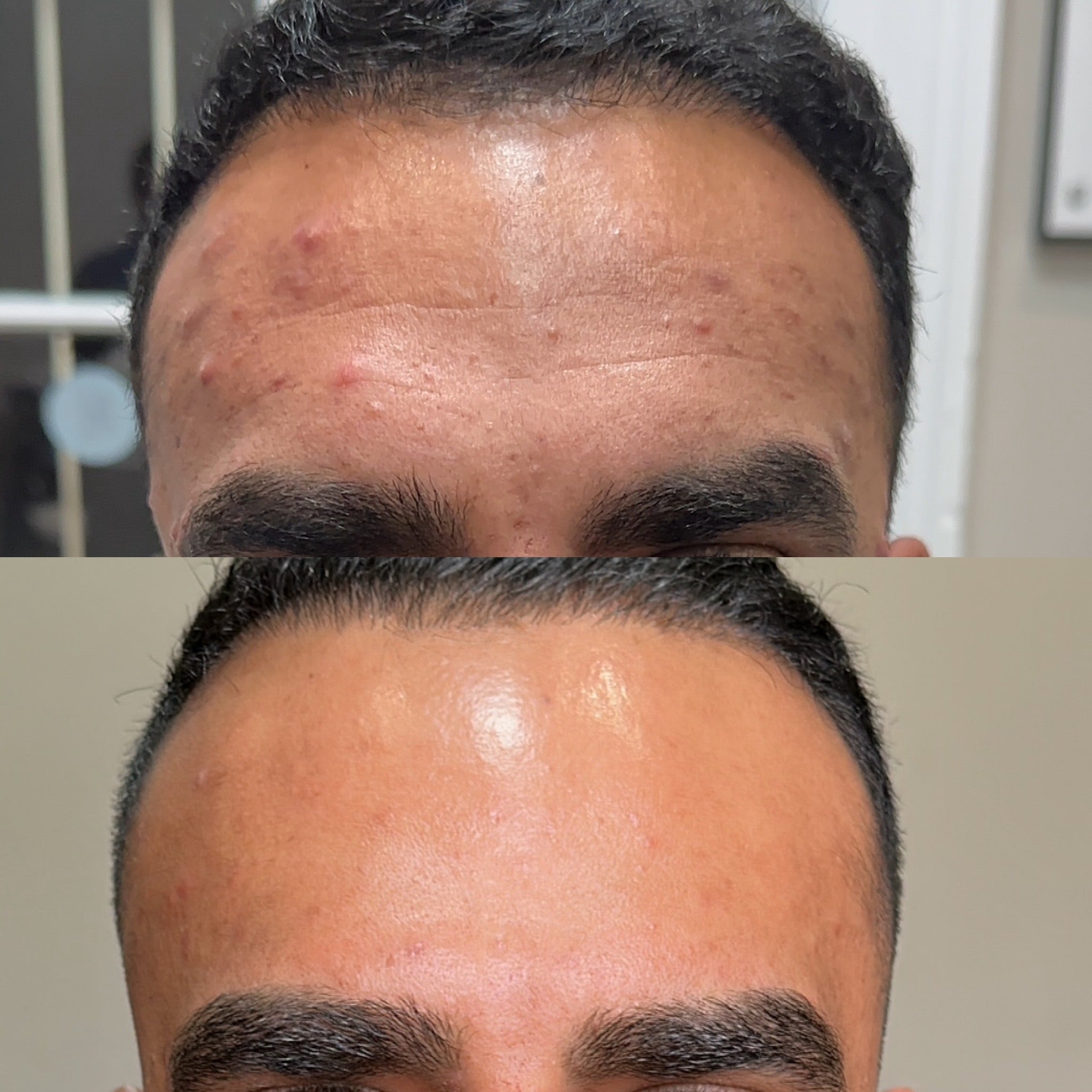In our journey toward optimal skin health, one commonly overlooked issue stands out: dehydrated skin. Much like a neglected plant loses its luster, dehydrated skin loses its vitality, impacting its overall appearance and health. Let's delve into what dehydrated skin really means and how you can address it.
Understanding Dehydrated Skin: Dehydrated skin is a condition affecting all skin types, characterized by a lack of water. It's akin to a dry season in a tropical forest; everything looks less vibrant and lively. This condition is distinct from dry skin, which is defined by a lack of natural oils. Many people don't realise how dehydrated their skin is and try to exfoliate their way to glow, but it never works.
Identifying the Signs of Dehydration: Recognizing dehydrated skin is crucial for proper care. So how would you know?
- Dullness: A complexion lacking its usual brightness and radiance. It's literally like your skin is looking for water.
- Itchiness and Irritation: Similar to the discomfort from wearing a wool sweater, dehydrated skin can feel itchy and irritated. Skincare that seems to be for sensitive skin, can still be bothering you and feeling uncomfortable.
- Visibility of Fine Lines: Dehydration can accentuate fine lines, making them more prominent than usual.
- Skin Tightness: Even oily skin types can experience a sensation of tightness, a tell-tale sign of dehydration. Oily skin can actually be BECAUSE of dehydration. If you have a lack of water, your skin makes oil to prevent evaporation. So you're not oily, you're dehydrated!
The Pinch Test - A Simple Check: A practical method to assess skin hydration is the pinch test. Gently pinch a small area of skin on your cheek. If it doesn’t bounce back quickly and instead shows signs of wrinkling, it's likely dehydrated.
Addressing Dehydrated Skin: Dehydrated skin calls for a targeted approach. It’s not just about slathering on any moisturizer; it’s about understanding and meeting your skin’s specific needs. You don't need thick things, they just need to have the right ingrediants.
- Hydrating Ingredients: Look for products with hyaluronic acid, glycerin, or aloe vera – ingredients known for their water-binding properties. Its why we have the Torriden range, its the best for hydration,
- Layering Skincare Products: Applying lighter products first and sealing them with a heavier cream can effectively lock in moisture.
We had a patient in clinic who struggled with oily skin his whole life, we asked him to strip his skincare back and focus on hydration / repair.
Here are his results, no explanation needed! Would you believe me if i said we didn't use actives? Crazy right.


